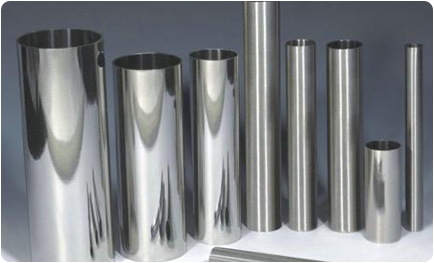Stainless steel remains stainless, or does not rust, because of the interaction between its alloying elements and the environment. Stainless steel contains iron, chromium, manganese, silicon, carbon and, in many cases, significant amounts of nickel and molybdenum.
Chromium present in the steel reacts with oxygen to form a protective oxide layer. The presence of the stable film prevents additional corrosion by acting as a barrier that limits oxygen and water access to the underlying metal surface.
Because the film forms so readily and tightly, even only a few atomic layers reduce the rate of corrosion to very low levels. But sometimes stainless steel can rust. If you are experiencing rust on your stainless steel, you are not alone.
There are over 150 grades of stainless steel and some are more prone to corrosion than others. Generally, the higher the chromium content, the less likely the steel will rust. However, over time, rust can and will develop on stainless steel.
To prevent stainless steel from rusting, you need to passivize it. Passiveness stainless steel is a process that allows stainless steel to retain its corrosion resistance. There are a few factors that can affect the corrosion resistance of stainless steel.
The composition of the steel affects corrosion resistance. Even within grades of stainless steel, impurities in the steel can affect the corrosion resistance. The environment is another big factor in stainless steel rust.
Environments with chlorine, like swimming pools, are highly corrosive. Salt water environments affect stainless steel, just to a lesser extent than carbon steel. In all environments, properly passiveness your stainless steel furniture will prevent it from rusting.
Although rust is something most of us see on an everyday basis and appears to be a simple occurrence it can result from a number of complex processes. Understanding the materials science of metals is critical to ensuring correct product performance and fixing issues, such as rust, as they occur.